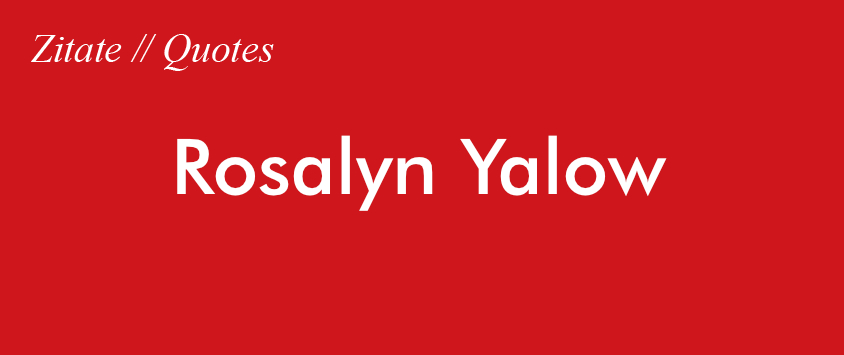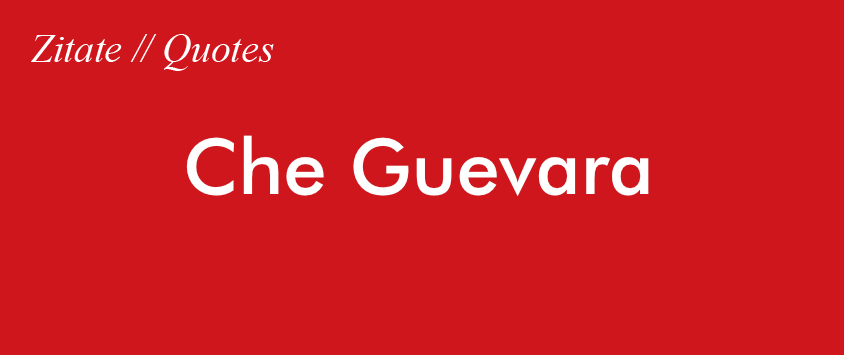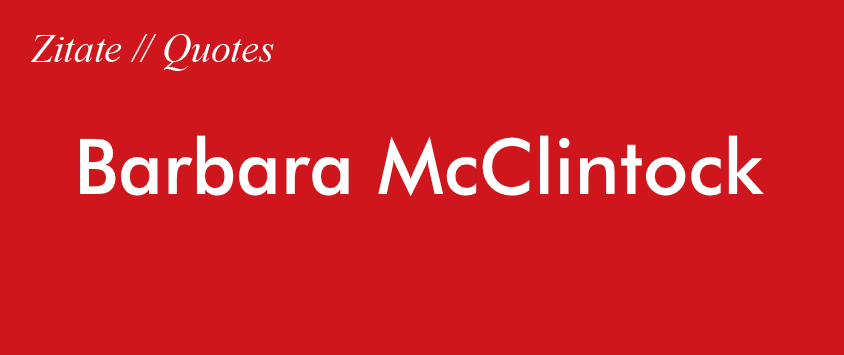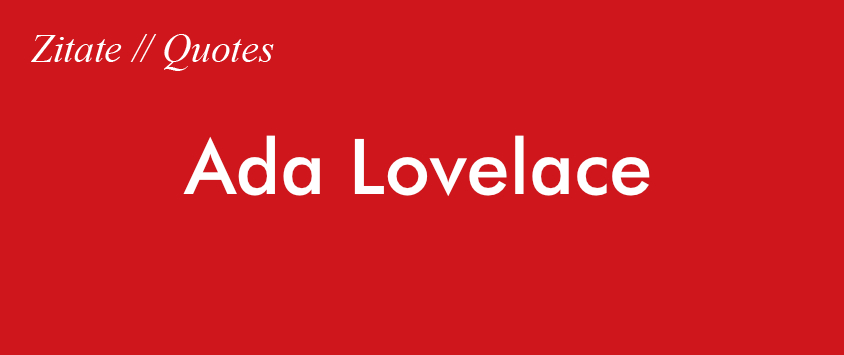“Oh, that I had never acted! How many hopes I’d now be richer by!”
A romantic statement that, however, addresses something we probably all know: you should, and you desire to, take action – and then action becomes frustration because it is helpless, unsuccessful or too careless. And yet, so many hopes and desires … Weiterlesen










